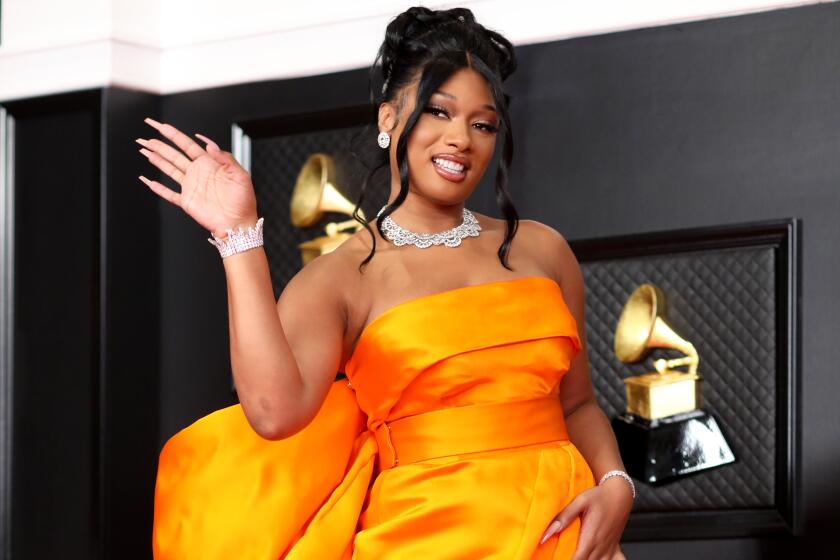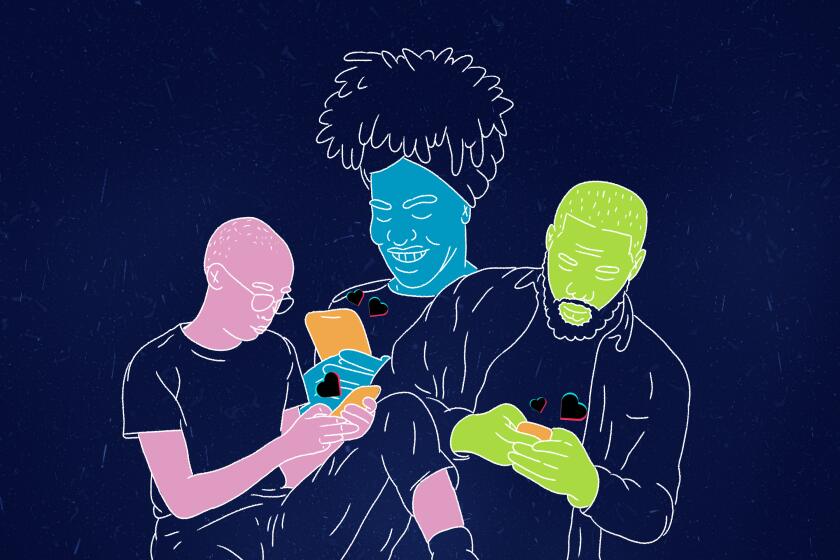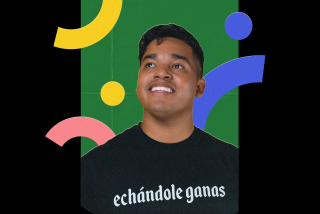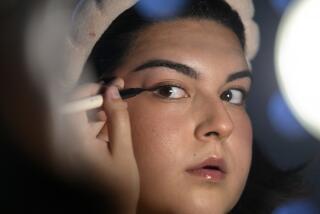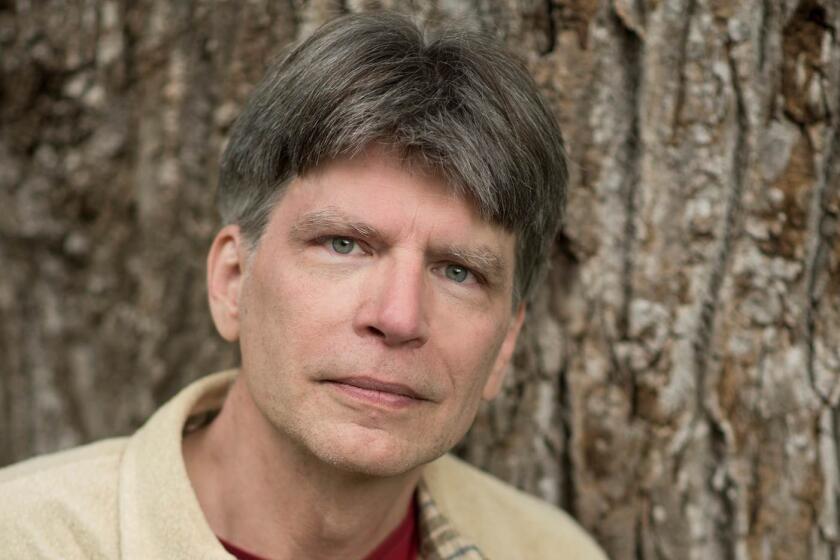Op-Ed: It’s about time Black creators of pop culture were paid for their art
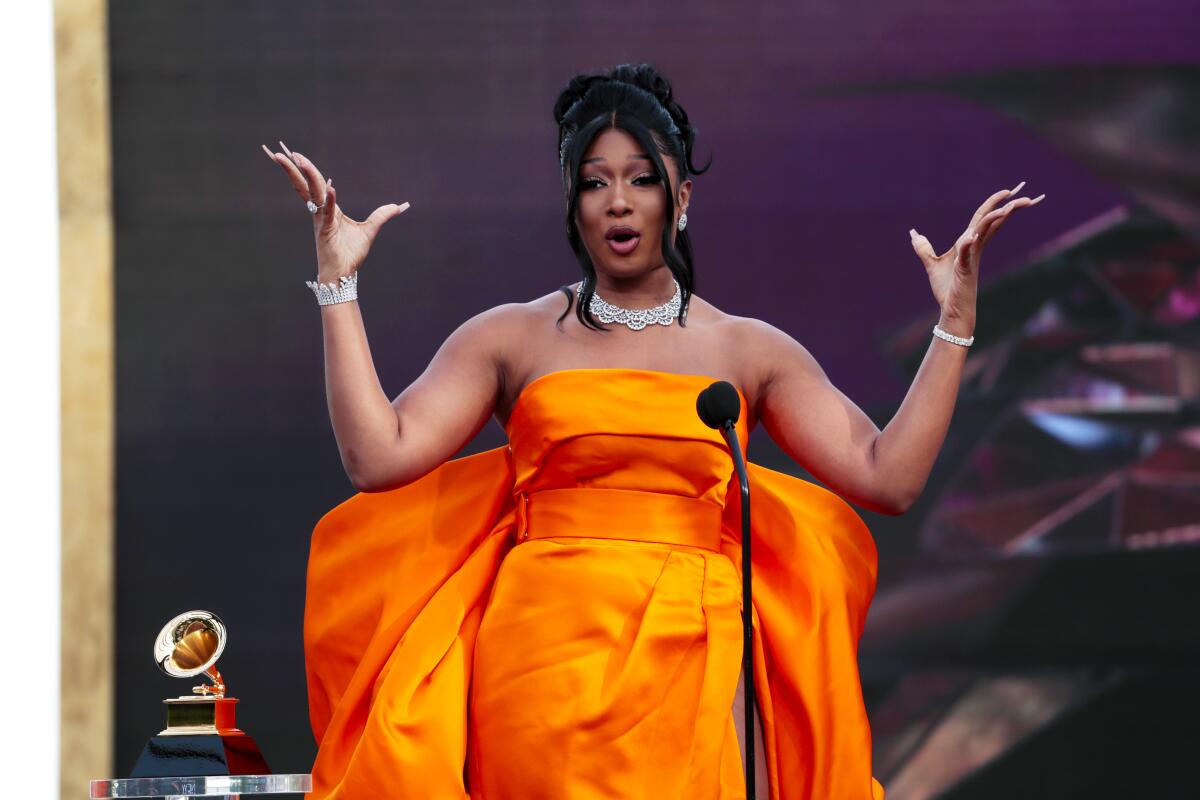
Black creators on TikTok recently went on strike, refusing to choreograph dance moves for Megan Thee Stallion’s latest drop. The absence is noticeable.
#BlackTikTokStrike drives home the fact that Black creators have long helped to make American popular culture — from music, to dance, to fashion, to our lexicon. And it highlights the failure to recognize and reward Black creators monetarily for their innovations. To make matters worse, Black creators’ moves are often imitated by white artists, who use those moves to advance their careers.
Take 17-year-old Charli D’Amelio, the first TikToker to amass 100 million followers, and Addison Rae, 20, another popular TikToker. The two queens of TikTok are worth millions. But the dances they showcase often originate with Black choreographers.
The “Renegade” dance that propelled D’Amelio to fame was originally choreographed by a 14-year-old African American girl named Jalaiah Harmon, the New York Times reported. “The Tonight Show” was criticized for inviting Rae to demonstrate TikTok dance moves rather than inviting the original Black creators of the dances. Host Jimmy Fallon later apologized and invited the Black choreographers to perform on the show. D’Amelio and others have responded by giving credit, tagging the original choreographers. But more is needed.
Tired of cultural appropriation, Black TikTok creators explain their strike and why they refuse to make a dance for Megan Thee Stallion’s latest song.
Black creators should be paid for their cultural innovations, which make profits for everyone from the app’s creators to the musical artist to influencers. One way to give Black choreographers control over the monetary rewards that flow from their creations is copyright. The U.S. Copyright Act gives creators of original expression fixed in a tangible medium exclusive rights for a limited time over works, including choreography. While individual dance steps cannot be copyrighted, original routines that meet the minimal level of originality required for copyright may be.
One recent case involved Alfonso Ribeiro, the actor who played Carlton on the 1990s sitcom “The Fresh Prince of Bel-Air.” In 2018, Ribeiro sued Epic Games, maker of the multibillion-dollar blockbuster game “Fortnite,” which sells players “emotes,” or in-game dances. One of the emotes mimicked Ribeiro’s iconic dance moves, made popular on the TV show (the “Carlton dance”).
In his suit, Ribeiro argued that the gamemaker was profiting from his original choreography. The U.S. Copyright Office, however, denied copyright registration on Ribeiro’s dance, characterizing it as a “simple routine.” Despite the infamously low standard of originality in American copyright law, the office said Ribeiro’s dance, consisting of three steps, did not meet it.
Mya Nicole Johnson, Chris Cotter, Dorien Scott, Keara Wilson and other choreographers performed their viral TikTok dances on Monday’s ‘Tonight Show.’
The decision, lauded by some for not extending copyright further into popular dance moves, has been criticized by others who see the decision as part of a long history of dismissing the creativity of people of color as mundane and lacking in originality. Of course, there are reasons to worry about the extension of copyright to a very limited set of dance steps. But given the context of a wealthy corporation further enriching itself based on the creativity of others, this may not be an occasion for a victory dance.
A recent turn of events may herald greater opportunity for Black choreographers to use copyright law to protect their interests. Last summer, Beyoncé’s choreographer, JaQuel Knight, became the first pop choreographer to successfully register a copyright, for his iconic “Single Ladies” choreography, which he created at age 18. Now 31, Knight is one of the most sought-after pop choreographers, creating dances for Beyoncé and Megan Thee Stallion.
For Knight, obtaining a copyright affirmed his control over his work and the profits that flow from it. Knight has launched a company to empower choreographers to use copyright to protect and profit from their work. Young Black creators on sites like TikTok would do well to learn more about how to copyright their work.
Copyright should not be used to prevent individuals from copying dance moves for social purposes — this is the very essence of sites like TikTok. Copying is what makes these apps fun, creating a shared experience. At the same time, copyright can prevent choreographers from being exploited by corporations, which would otherwise poach their moves for big profits without having to pay them a dime.
Behind-the-scenes of TikTok university for Black creators.
TikTok, for one, has pledged to do more to help creators of color. Its TikTok for Black Creatives, an incubator program assisting Black artists in developing their reach, is a step in the right direction.
Beyond that, the Black TikTok strike raises a question about an ugly truth: Why do cultural practices become valuable only after they are mediated through white performers? As the cultural critic Ijeoma Oluo put it, “Cultural appropriation is the product of a society that prefers its culture cloaked in whiteness.”
In the mid-20th century, Elvis Presley rose to stardom by self-consciously mimicking Black artists, who never received the recognition or financial rewards they deserved. In the case of Presley, producer Sam Phillips had been searching for a white man with the sound and feel of Black artists.
Today, we must do better than this. Social media platforms need to recognize their role in perpetuating norms about what and whose culture is valued. Black creators deserve more than credit. They ought to be celebrated as artists and remunerated for their contributions to our shared culture.
Madhavi Sunder is associate dean for graduate and international programs and a professor of law at Georgetown University Law Center.
More to Read
A cure for the common opinion
Get thought-provoking perspectives with our weekly newsletter.
You may occasionally receive promotional content from the Los Angeles Times.
